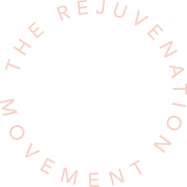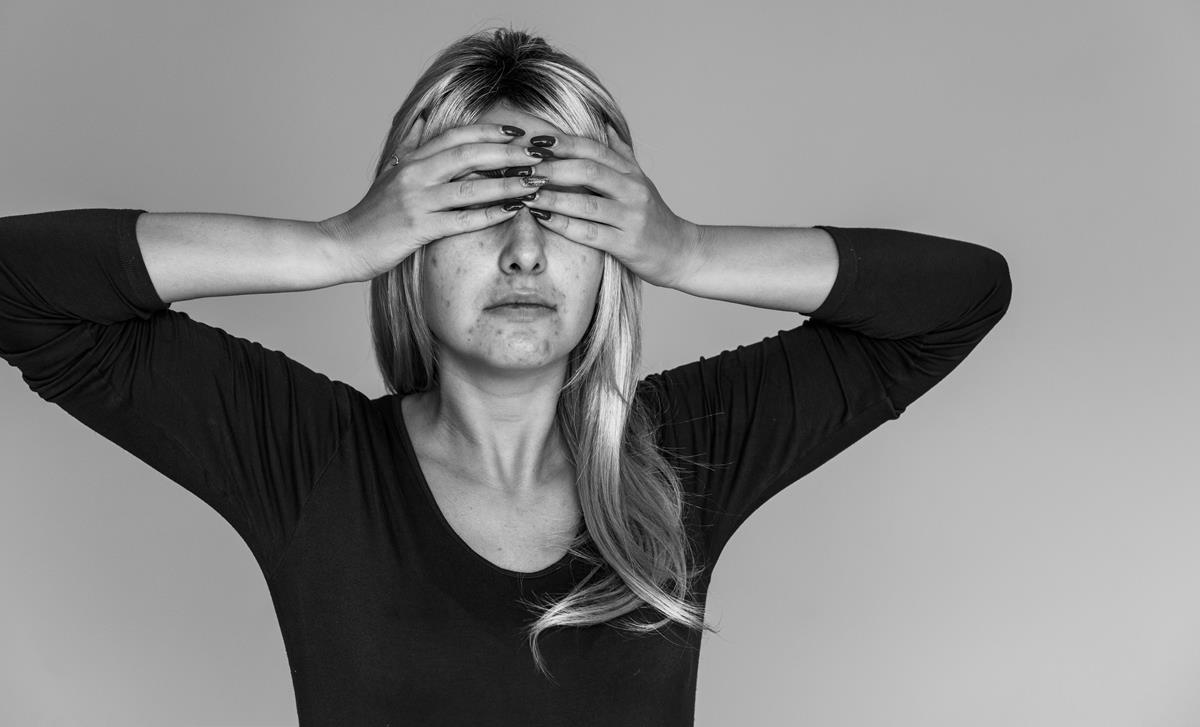Acne scars are the result of deep tissue wounds. Before you can treat acne scars, you have to get rid of your acne and understand the type of scars you have. Do note, though, that dark spots or discoloration are not considered scars. These spots will fade over time on their own. Acne scars can be:
- Atrophic or depressed – These depressed scars are usually on the face and form as a result of insufficient collagen production during the healing process. Atrophic scars are either shallow or deep and U-shaped (“boxcar”), narrow and V-shaped holes (“ice pick”), or wide depressions with round edges and an irregular appearance (“rolling”).
- Hypertrophic or raised – Most common in chest and back acne, these scars raise above the skin and result from an overproduction of collagen during the healing process.
Treatments
If you want to get rid of acne scars, see a dermatologist to determine the best treatment plan for you. Always wear sunscreen, as it can help acne scars from becoming darker and more noticeable. Common at-home acne scar treatments include:
- Alpha-Hydroxy acids – These mild acids work for all types of acne scars and gently exfoliate your skin. They help to remove dead skin cells, reduce the appearance of acne scars and prevent clogged pores.
- Lactic acid – Whether you use diluted apple cider vinegar or get a professional peel at a clinic, lactic acid can lighten acne scars and help improve the appearance, pigmentation, and texture of your skin.
- Topical retinoids – Retinoids improve skin texture, reduce discoloration, accelerate cell regeneration and enhance the appearance of acne scars. Always wear sunscreen daily when using retinoids, as they can make your skin sensitive to the sun.
- Salicylic acid – Considered one of the best acne treatments, salicylic acid comes in pads, lotions, facial cleansers, or spot treatments and exfoliates the skin to reduce swelling and redness, and clear pores.
If you want to get treated professionally, find a reputable clinic that offers laser resurfacing, dermabrasion, chemical peels, micro-needling, fillers, or injections. These procedures may be more effective than at-home treatments but can require several sessions to see significant improvements. Your skincare provider will discuss with you your goals, best treatment options, and possible results. If none of that helps, you can also opt for minor surgery, which will remove a scar and leave behind a smaller scar that will fade over time. This is best done on very visibly depressed or raised scars.
















